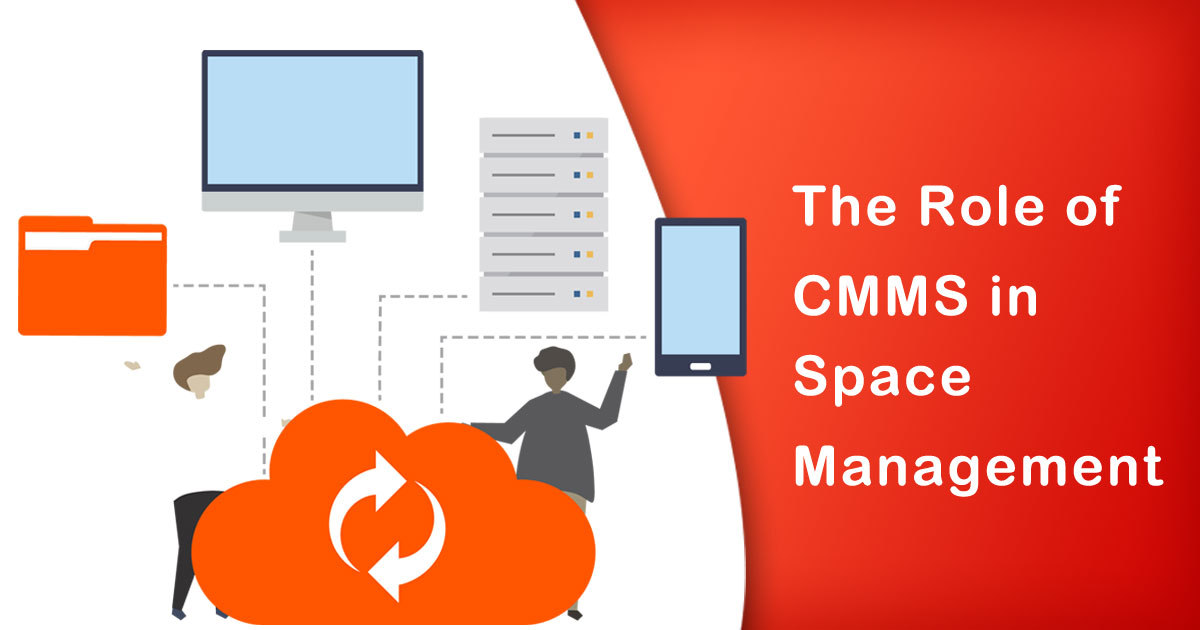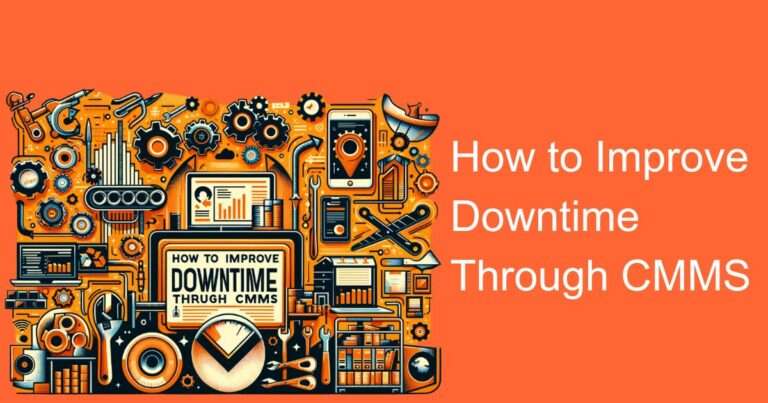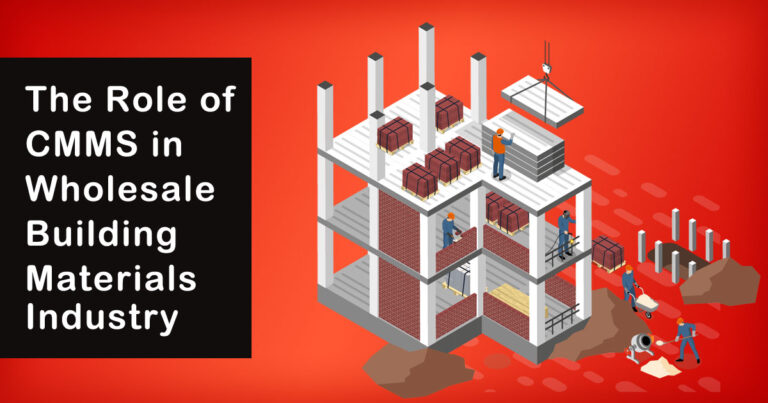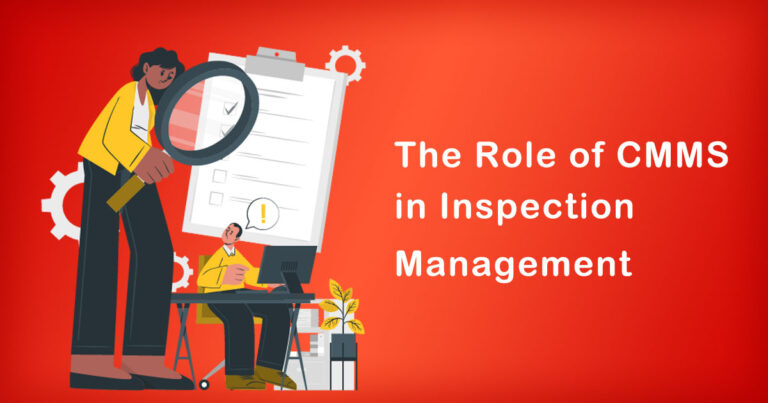Introduction
In today’s rapidly evolving business landscape, effective space management is crucial for organizations to optimize their resources, enhance operational efficiency, and ensure a safe and productive work environment. Space management encompasses various aspects, including planning, allocation, utilization, and maintenance of physical spaces. In this editorial, we will explore the role of a Computerized Maintenance Management System (CMMS) in space management, with a focus on its relevance in the Indian context. By delving into research and providing key facts, we aim to highlight the significance of CMMS and why it should be a priority for organizations.
Understanding CMMS
A CMMS is a software solution designed to streamline maintenance operations and asset management. It enables organizations to effectively manage their physical spaces, equipment, and maintenance activities. CMMS platforms offer a range of features, such as work order management, preventive maintenance scheduling, inventory management, and reporting capabilities. By implementing a CMMS, businesses gain better visibility into their assets, streamline maintenance workflows, and improve overall operational efficiency.
Importance of Space Management
In India, where real estate costs are often high and office spaces are limited, efficient space management becomes even more critical. Research suggests that poorly managed spaces can lead to decreased productivity, increased operational costs, and even workplace accidents. Additionally, with the rise of remote work and flexible office arrangements, optimizing the utilization of physical spaces has become paramount. This is where CMMS steps in to provide valuable support.
Optimizing Space Utilization
One of the key benefits of implementing a CMMS in space management is the ability to optimize space utilization. By utilizing the software’s features, organizations can track occupancy rates, analyze space usage patterns, and identify areas of underutilization. This data-driven approach empowers decision-makers to make informed choices regarding space allocation, redesign, or consolidation. For example, if the data reveals that certain areas are consistently underutilized, businesses can repurpose those spaces or consider implementing flexible work arrangements.
Preventive Maintenance and Safety
In the Indian context, ensuring the safety of employees and compliance with regulations is crucial. A CMMS facilitates preventive maintenance by automating scheduling and tracking of maintenance tasks. By proactively addressing maintenance needs, organizations can prevent equipment failures, minimize downtime, and reduce the risk of accidents or injuries. Furthermore, a CMMS provides a centralized repository for storing safety-related documentation, such as inspection reports and compliance records. This not only improves safety standards but also simplifies audits and regulatory compliance.
Enhancing Productivity and Efficiency
Research has shown that well-designed and organized workspaces positively impact employee productivity and morale. A CMMS aids in creating an efficient work environment by streamlining maintenance processes and reducing equipment downtime. By automating workflows, tracking service requests, and optimizing preventive maintenance, organizations can minimize disruptions and maximize operational uptime. This, in turn, fosters a more productive and engaged workforce.
Cost Optimization
Effective space management leads to cost optimization, an essential factor for businesses in the Indian market. By leveraging a CMMS, organizations can gain insights into maintenance costs, asset lifecycles, and energy consumption. These insights enable businesses to identify areas of inefficiency, implement energy-saving measures, and make data-driven decisions to reduce overall operational expenses. Additionally, by avoiding unexpected breakdowns through preventive maintenance, organizations can save on repair costs and prolong the lifespan of their assets.
Conclusion
As organizations in India strive for operational excellence, efficient space management emerges as a critical component. Implementing a CMMS empowers businesses to optimize space utilization, ensure preventive maintenance, enhance productivity, and reduce costs. By leveraging the power of data and automation, organizations can create safe, productive work environments and maximize the value of their physical spaces. As the Indian market continues to evolve, understanding the role of CMMS in space management becomes increasingly important for organizations looking to stay ahead in an ever-competitive business landscape.








